The case of baby HPT (9 years, 9 months, residing in Hanoi ) is recorded as one of the cases where the disease was detected early thanks to parents' observance of external signs.
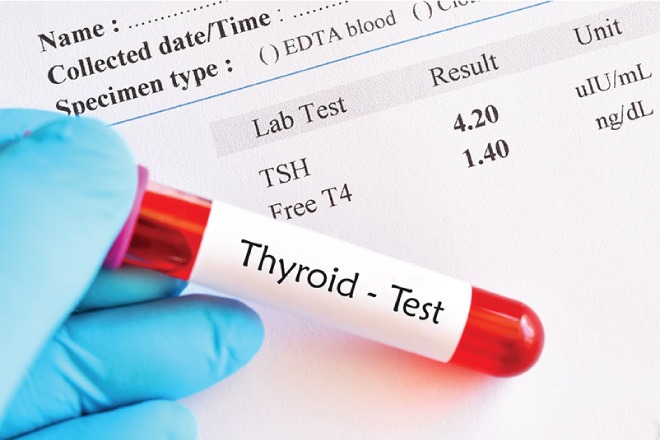 |
| Illustration photo. |
According to the family, recently they noticed that the baby's neck was abnormally enlarged, without any accompanying symptoms such as difficulty swallowing, pain, or fatigue, but because they were worried, they decided to take the baby to the doctor.
A 9-year-old girl in Hanoi was found to have chronic Hashimoto's thyroiditis and hypothyroidism due to an abnormal sign of a larger-than-normal neck.
Baby HPT's family took him to MEDLATEC Tay Ho General Clinic after noticing a swelling on one side of his neck, even though the child showed no signs of fatigue, difficulty swallowing, or difficulty breathing.
Through medical history, the doctor noted that the child's mother had thyroid cancer and had a total thyroidectomy 6 years ago, which is a family factor that can be related to thyroid disease in children. After a clinical examination, Dr. Ngo Thi Cam, a pediatrician, determined that the child's thyroid gland was grade 2 enlarged, although no obvious symptoms of hypothyroidism were recorded.
To determine the exact cause, the doctor will order specialized tests including thyroid hormone quantification FT4, TSH, thyroid antibodies Anti-TPO and Anti-TG, thyroid ultrasound and electrolytes.
Test results showed that FT4 decreased to 8.86 (lower than normal 11.90-21.60), TSH increased to 14.950 (far exceeding the threshold of 0.7-6.4), Anti-TPO increased sharply to 820.84 and Anti-TG exceeded the threshold >1000. Thyroid ultrasound showed diffuse lesions consistent with chronic thyroiditis.
Based on the above results, the doctor diagnosed the baby with Hashimoto's thyroiditis accompanied by hypothyroidism and prescribed treatment with synthetic thyroid hormone Levothyroxine, and scheduled regular follow-up visits to monitor treatment response.
Hashimoto's thyroiditis is the most common autoimmune disease in children, occurring when the immune system mistakenly attacks thyroid tissue, destroying glandular cells and reducing hormone production.
The disease often progresses silently, with no obvious symptoms, especially in the early stages, so it is easily overlooked. In some cases, the disease may start with a transient thyrotoxicosis, due to hormone leakage from the damaged thyroid gland rather than an overactive gland. Goiter is the most common sign but is easily overlooked.
If not detected and treated promptly, hypothyroidism can seriously affect children's physical and intellectual development, such as slow growth, dwarfism, slow motor development, reduced learning ability, increased cholesterol, obesity, constipation, and even affect puberty and fertility later on.
Hypothyroidism damage in children, if left untreated, may not be reversible, so early detection is especially important.
In this case, baby T. was fortunate to have the disease detected at a stage where there were no obvious complications and received early treatment, helping to prevent long-term effects.
Treatment of hypothyroidism due to Hashimoto's thyroiditis is usually quite effective by using synthetic thyroid hormone Levothyroxine with the goal of bringing the TSH index to the normal range. After starting treatment, thyroid hormones should be monitored again after 6-8 weeks to adjust the dose.
However, not all patients with Hashimoto's thyroiditis need treatment. If thyroid function is normal, your doctor may recommend periodic monitoring without the need for medication.
Experts recommend that parents should pay attention to even small signs of abnormalities such as a large neck, sweaty hands, poor concentration, slow growth in children and proactively check thyroid function, especially in children with a family history of thyroid disease or autoimmune diseases.
Timely diagnosis and intervention not only help children develop normally physically and mentally but also prevent serious complications that affect lifelong health.
Thyroid cancer in children, if detected early and treated promptly, has a very good prognosis, with a cure rate of up to 90%.
Thyroid cancer treatment does not affect the child's future fertility. Baby M. will continue to be monitored regularly and take hormone-suppressing drugs to ensure the disease does not recur.
In addition, statistics from the Global Cancer Organization (GLOBOCAN) in 2024 show that thyroid cancer ranks 6th among common cancers in Vietnam. This disease is common in adults, especially in the age group of 40 to 70, and is very rare in children.
Experts warn that thyroid cancer in children develops more quickly than in adults. In adults, the process of metastasis from malignant thyroid cells to the neck lymph nodes can take from 6 to 12 months or even years. However, in children, this period lasts only from 3 to 6 months.
If not detected and treated promptly, thyroid cancer can metastasize to other areas such as supraclavicular lymph nodes, lungs, bones or brain, reducing treatment opportunities and affecting life expectancy.
Therefore, parents need to pay attention when their children show signs such as prolonged sore throat, recurring fever, swollen lymph nodes in the neck, difficulty swallowing or constant fatigue.
If the condition does not improve after 1-2 weeks, take your child to see a breast-head-neck specialist to find the cause and receive timely treatment.
Treatment of thyroid cancer mainly includes thyroidectomy, neck dissection and radioactive iodine. After treatment, patients need to have regular check-ups to monitor their health. In addition, risk factors such as autoimmune thyroiditis and family history of thyroid cancer should also be noted.
Although thyroid cancer in children is a rare disease, when detected early and treated properly, the chance of cure is very high. Parents need to raise awareness and not ignore unusual symptoms to help children receive timely medical care.
Source: https://baodautu.vn/tre-9-tuoi-mac-suy-giap-do-viem-tuyen-giap-man-tinh-d396749.html


![[Photo] President Luong Cuong receives President of the Cuban National Assembly Esteban Lazo Hernandez](https://vphoto.vietnam.vn/thumb/1200x675/vietnam/resource/IMAGE/2025/9/30/4d38932911c24f6ea1936252bd5427fa)
![[Photo] Panorama of the cable-stayed bridge, the final bottleneck of the Ben Luc-Long Thanh expressway](https://vphoto.vietnam.vn/thumb/1200x675/vietnam/resource/IMAGE/2025/9/30/391fdf21025541d6b2f092e49a17243f)
![[Photo] The 1st Congress of Phu Tho Provincial Party Committee, term 2025-2030](https://vphoto.vietnam.vn/thumb/1200x675/vietnam/resource/IMAGE/2025/9/30/1507da06216649bba8a1ce6251816820)
![[Photo] Solemn opening of the 12th Military Party Congress for the 2025-2030 term](https://vphoto.vietnam.vn/thumb/1200x675/vietnam/resource/IMAGE/2025/9/30/2cd383b3130d41a1a4b5ace0d5eb989d)
![[Photo] General Secretary To Lam, Secretary of the Central Military Commission attends the 12th Party Congress of the Army](https://vphoto.vietnam.vn/thumb/1200x675/vietnam/resource/IMAGE/2025/9/30/9b63aaa37ddb472ead84e3870a8ae825)




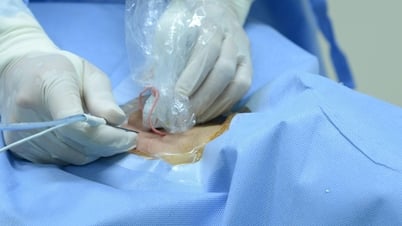
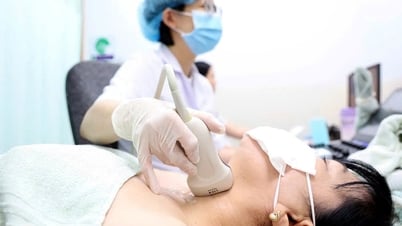

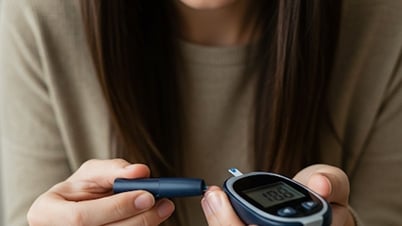
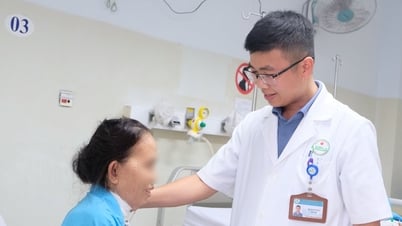



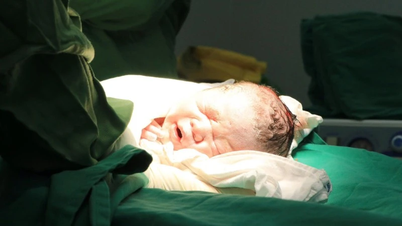



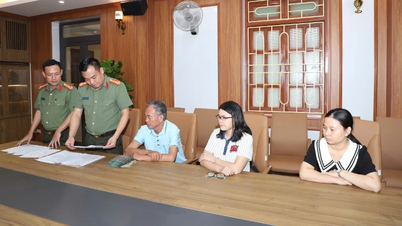
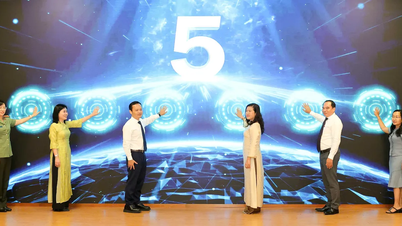













































































Comment (0)